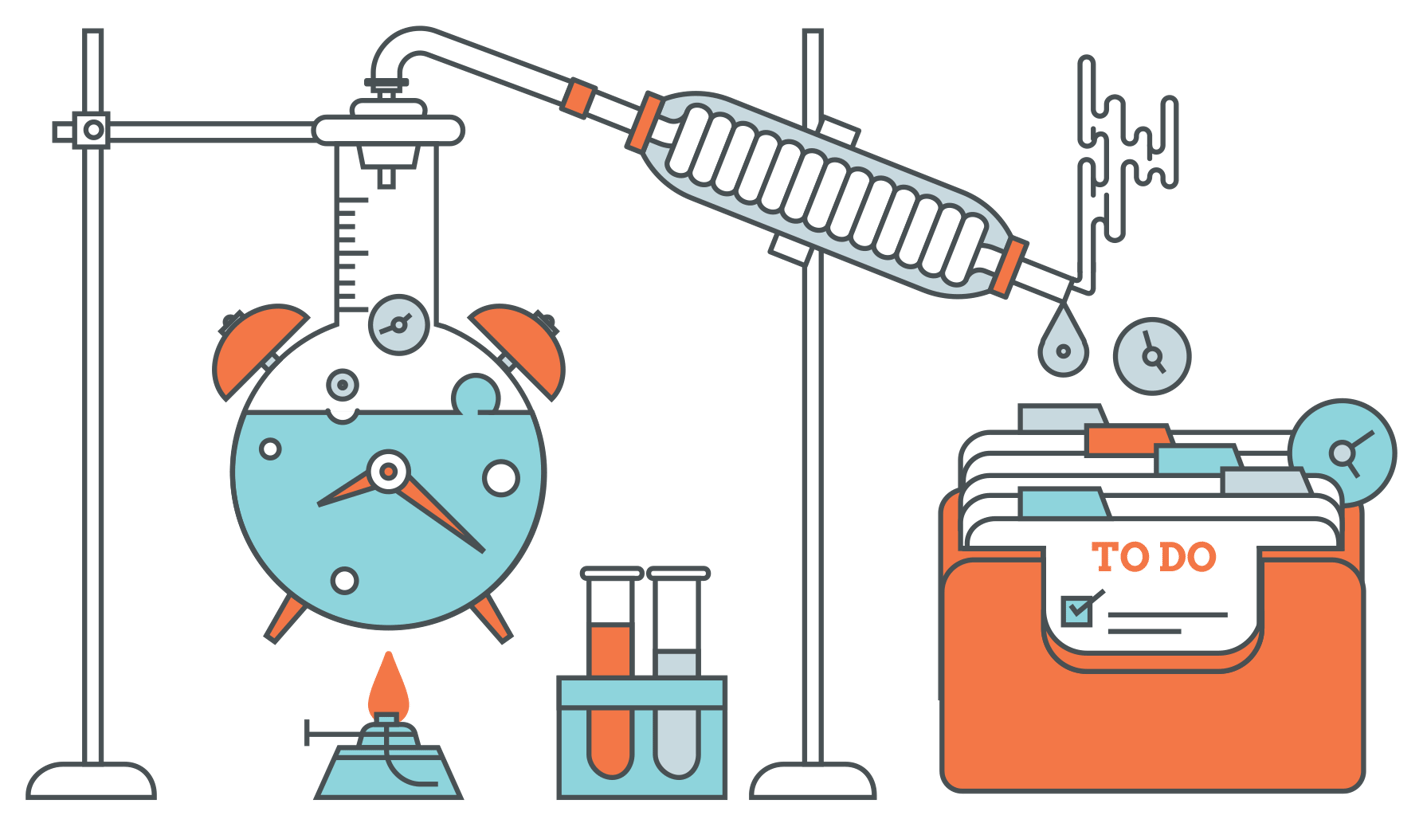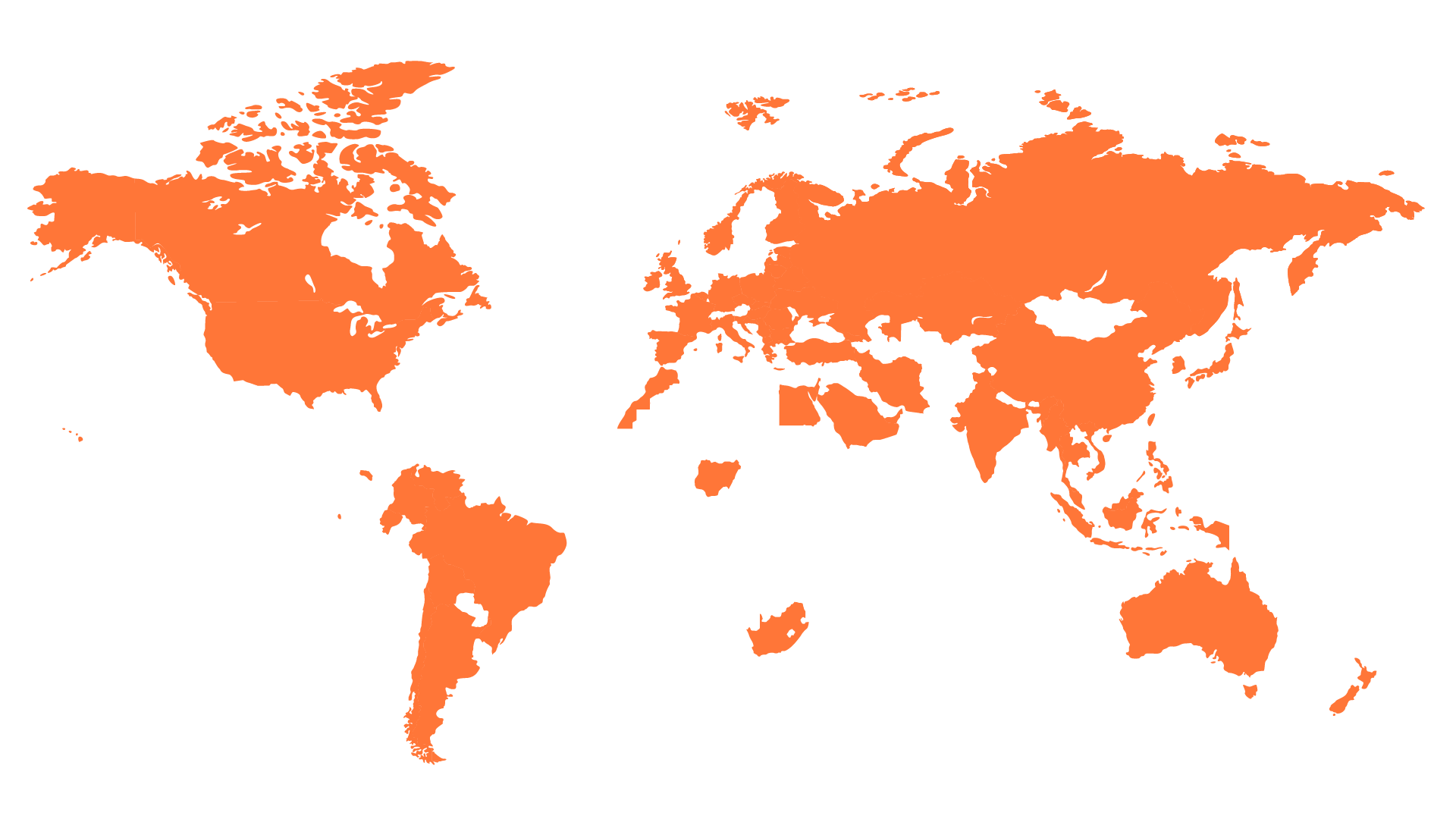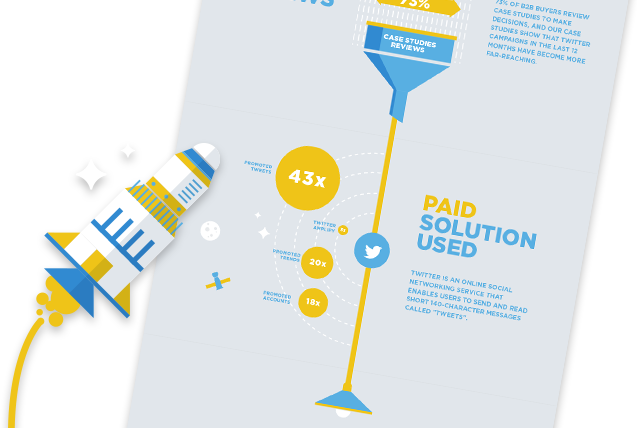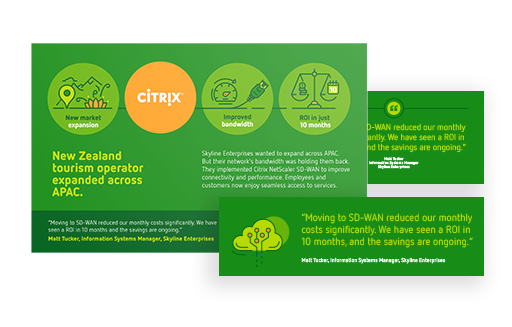 Some people claim to work 14 hours a day. But do they really? Let’s consider how much work really gets done.
Some people claim to work 14 hours a day. But do they really? Let’s consider how much work really gets done.
This statement expresses well how time management can make a difference. Thinking about how you do things is nice, but thinking about what you’re doing can ultimately result in the difference between fulfiling your goals or not.
A specific example
Suppose you work for a company and your job is to acquire new clients. Every day you write business letters, making sure each word sounds right. You design the letters and print the envelopes. Your goal is to cause maximum impact and get as many meetings as possible.
You spend at least three days with a few letters, because you keep editing them over and over, thinking how to make them better. How to achieve more results.
One day, before diving into your routine, you sit down for a coffee and think again about what you need. You need to set up meetings with new companies, not to design letters! What can you really do to set up meetings with new companies?
Instead of writing a new letter, you pick up the phone and, during one hour, call all the companies you’re interested in working with. Now you have a calendar full of meetings for the entire week.
Sure, you had to step outside your comfort zone to call strangers, but it was worth the results. It got you closer to your goal faster than before. This is what you wanted.
Bad, good and great work
There are three types of work. Bad, good and great.
Bad work is just killing time. Chatting with friends on Facebook is fun, but it won’t help you be productive. You know that.
Good work is something you know how to do well, something you are skilled at – work that happens by itself. Still, we don’t call this work great because the actual advancement is elsewhere: outside your comfort zone.
Great work = hit the nail on the head. How can you distinguish between important tasks and unimportant ones? How can you determine what is essential?
Often, what you really don’t want to do is important. The tasks that you have avoided for a long time are the ones you should pay more attention to: they hide the greatest potential.
Be your best self and discover 25+ ways how to be productive now.
Download our Freelancer's Guide to Productivity.
How long should you work?
A good time manager is not necessarily someone who works nonstop morning till night.
It’s important to distinguish clearly between “work” and “sitting behind a computer.” Work is when you achieve results. Sitting at a computer is when your back hurts.
It’s really sad that people are paid at their jobs for time spent but not based on results. Unfortunately, in most regular jobs you have to sit at your desk from 8 a.m., look at a monitor, and appear busy. Whether you’re logged in to Facebook or reading chain emails often doesn’t matter. The main thing is that you showed up.
Brian Tracy, one of the best-known motivational gurus in the world, recommends regularly asking yourself this question: “What is the best use of my time at this moment? What would give me the most value? What activity? Am I doing it right now or am I doing something else?”
Am I productive or just active?
There is a huge difference between productivity and activity – between actual work and the feeling “I’m at work.”
Think about that: how many hours of intensive work do you need to achieve your daily goals? And is it about the count of hours? Or is it about getting your work done?
A good first step is not to waste the whole day with so-called prepping for work like “I will organize my papers.” This can wait. What is it that you need to do right now and can’t wait? Get started!






